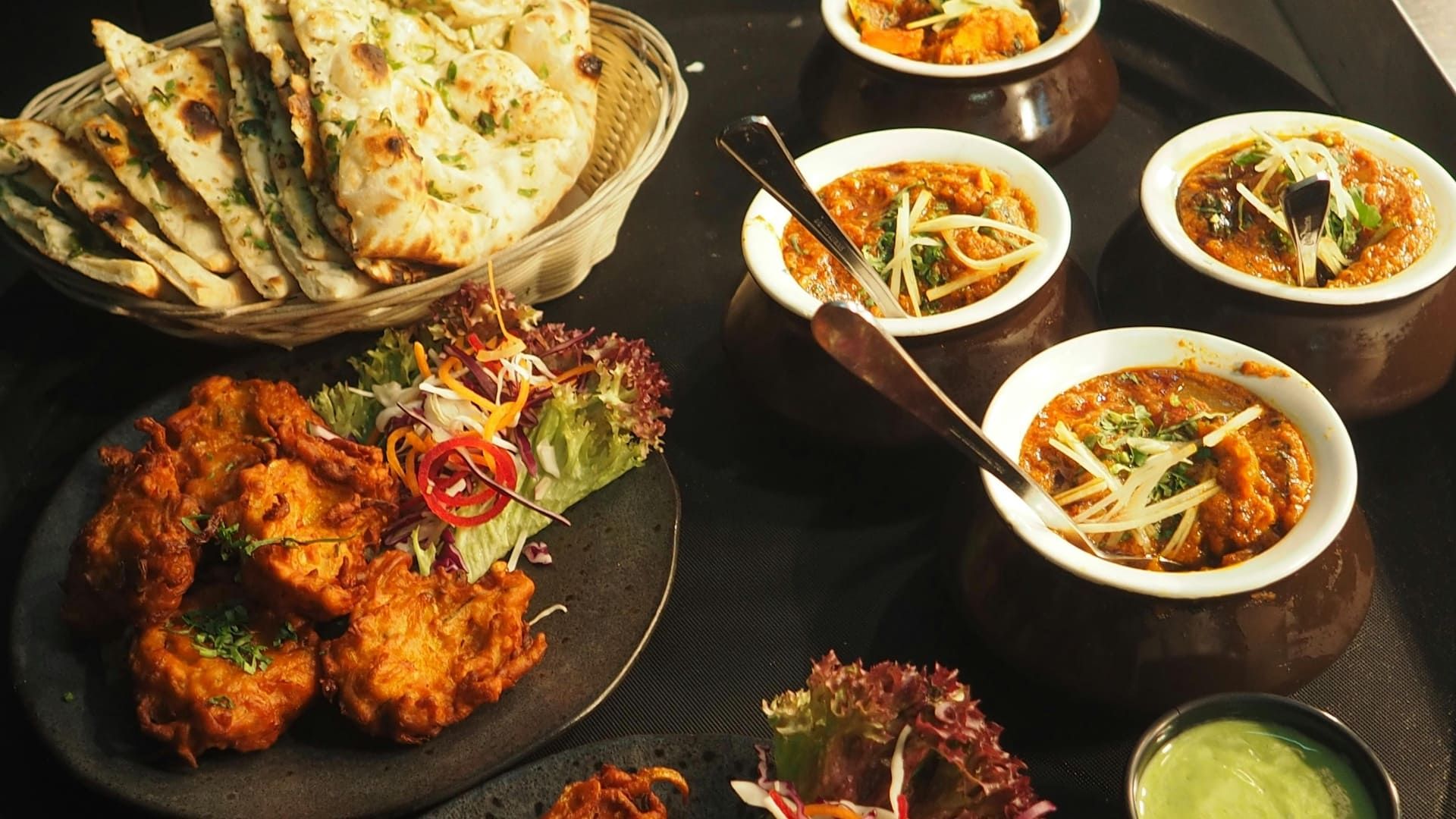How to Stop Stress Eating: Simple Ways to Regain Control

Sarah Johnson, MD

Do you find yourself reaching for snacks when stress hits—even if you’re not actually hungry? That’s a sign of emotional eating. This behavior, often called stress eating, is about soothing feelings, not feeding physical hunger. Understanding the link between stress and eating is the first step to regaining control.
What Is Stress Eating and Why Does It Happen?
What is stress eating? It’s a psychological response to emotional discomfort rather than a true need for food. When you feel stressed, your body releases cortisol, a hormone that increases appetite—especially for high-fat, high-sugar comfort foods. Chronic elevated cortisol is also linked to changes in metabolism and cortisol and weight gain, making emotional eating even more impactful.
Common triggers include emotional conflict, anxiety, and pressure at work.

Signs You Might Be Stress Eating
You may be stress eating if you notice:
- A strong, urgent urge to eat when you’re not physically hungry
- Cravings for specific comfort foods like chocolate or chips
- Eating quickly or without paying attention
- Feelings of guilt, shame, or regret afterward
- The same pattern repeating during moments of stress
How to Stop Stress Eating – Practical Steps
The first step to how to stop stress eating is learning to pause and check in with yourself. Ask: “Am I actually hungry, or just feeling overwhelmed?” This simple question helps you separate physical hunger from emotional triggers.
One mindful way to stop stress eating: slow down. Eat without distractions. Focus on the flavors and textures. This practice helps retrain your brain and is essential if you want to avoid stress eating.
- Journaling
- Deep breathing
- A short walk
All of these can help interrupt the urge to stress eat and give your brain a reset.
Fuel your body with balanced meals to stabilize blood sugar and prevent cravings. This also supports your cells on a deeper level, helping counter oxidative stress symptoms that may be worsened by emotional stress and poor nutrition. If you slip up, show self-compassion. Progress matters more than perfection.
Healthy Ways to Cope With Stress Instead of Eating
Find quick activities that lower stress. Gentle movement helps calm your nervous system. Try light stretching, yoga, or a 10-minute walk to reset your focus and ease emotional pressure.
Connecting with others also helps. Call a friend for a brief chat.
FAQ – Stress Eating Questions Answered
Is stress eating an eating disorder?
It can be a symptom. For most, it’s a bad habit. Seek help if it feels uncontrollable.
Can stress eating cause weight gain?
Yes. Consuming extra calories can lead to weight gain over time.
How do I stop stress eating at night?
Establish a new evening routine. Drink herbal tea or brush your teeth early. Find a relaxing activity like reading.
Why do I crave junk food when I'm stressed?
Stress increases cortisol, which can cause cravings for salty, sugary, or high-fat foods. These foods offer quick emotional comfort but don’t solve the root issue.
And if caffeine makes your anxiety worse or triggers emotional eating, here’s how to handle caffeine and anxiety more mindfully. Try building healthier coping tools like deep breathing, light movement, or short distraction activities.
What are healthy alternatives to stress eating?
Some quick, effective options include:
- Taking a short walk
- Doing a quick breathing exercise
- Drinking herbal tea or flavored water
- Talking to a friend or journaling
If you’re looking for digital support, an AI Mental Health can guide you through emotional cravings and help you find calming alternatives.
Can stress eating be a sign of anxiety?
Yes. Stress eating is often linked to emotional overload. If it’s paired with irritability, trouble sleeping, or persistent worry, it may be connected to anxiety. In this case, addressing the emotional root can help reduce the urge to eat under stress.
How do I stop emotional hunger?
Start by identifying the trigger. If it's stress or boredom, try a non-food distraction like journaling or going for a walk. Emotional hunger fades with mindful awareness.
How can I cope with stress without food?
Build a go-to toolkit: deep breathing, stretching, listening to music, or chatting with a friend. These simple habits help calm your nervous system without using food as a crutch.
Be Kind to Yourself
Building new habits takes time and patience. You won’t be perfect—and that’s okay. The path to stop stress eating is a process, not a single moment. Celebrate small wins and be gentle with yourself. Every mindful decision strengthens your healthy relationship with food.














